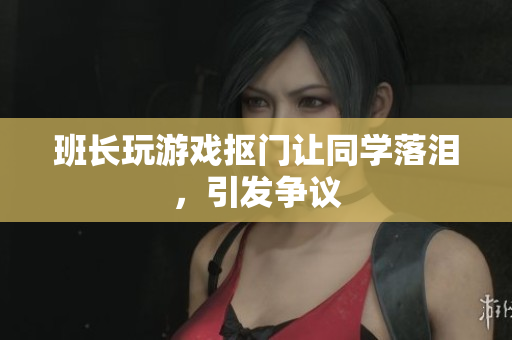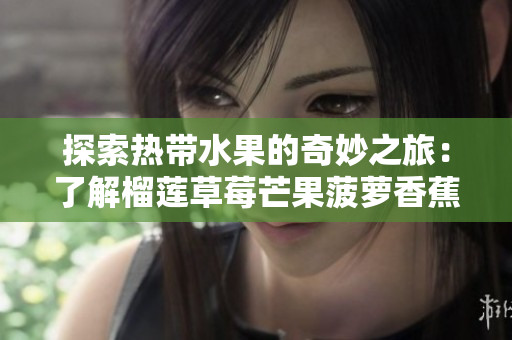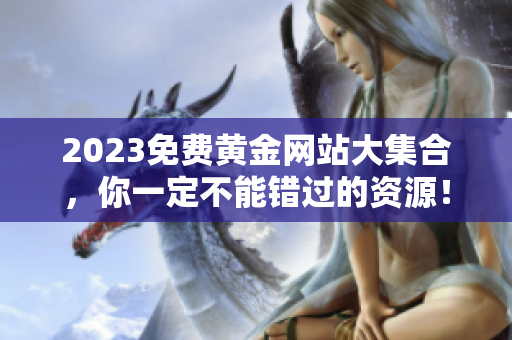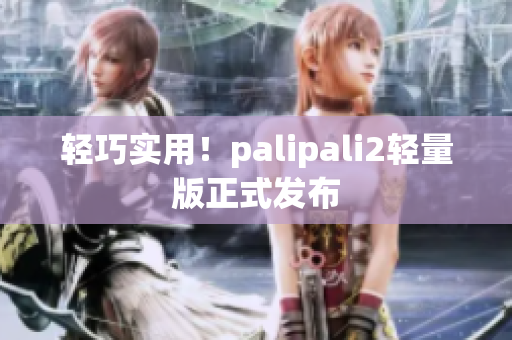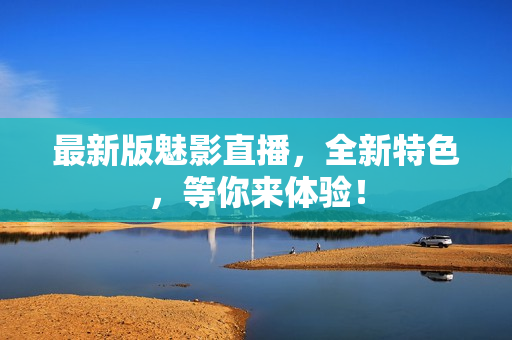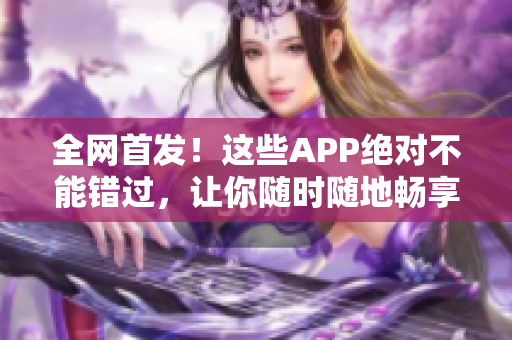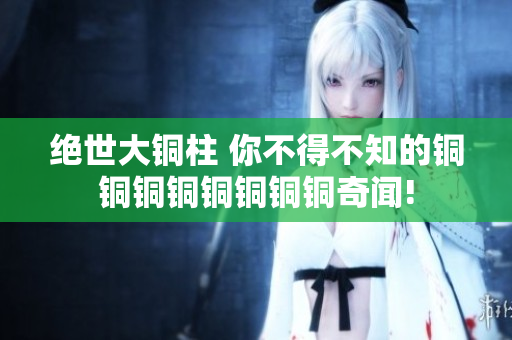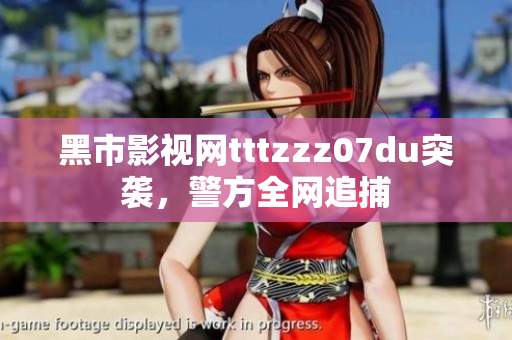Introduction
In the world of Western arts and culture, there are countless masterpieces that have left a profound impact on humanity. From the paintings of Da Vinci to the writings of Shakespeare, these works of art have stood the test of time and continue to inspire generations. However, as we strive for progress and innovation, we must also consider the modern-day advancements that shape our world. The emergence of 5G technology and its impact on mainland China, the challenges faced by a class teacher in conducting a C1 lesson, and the ethical implications of in-game purchasing are among the many topics that must be addressed. Additionally, the shortage of education resources in Southeast Asia's early childhood sector highlights a crucial issue that demands our attention. In this article, we will analyze these topics and explore their implications.
5G Technology and its Impact on Mainland China
5G technology promises lightning-fast internet speeds, which can support a wide range of applications and revolutionize the way we interact with technology. Mainland China has emerged as a leading player in the field of 5G technology, with the government investing heavily in its development. This investment is expected to yield significant results, with projections suggesting revenue of approximately 4 billion by 2025. With faster internet speeds and improved connectivity, 5G technology can pave the way for advancements in fields such as healthcare, transportation, and education. However, concerns have been raised over the environmental impact of the technology and its potential negative effect on privacy.
Challenges Faced by a Class Teacher in Conducting a C1 Lesson
Teaching a C1 lesson can be a daunting task, especially when faced with a classroom full of students with varying levels of proficiency in the English language. In order to effectively communicate complex language concepts, teachers must have a deep understanding of the language and the ability to tailor their approach to each student's individual needs. They must also have strong classroom management skills, as maintaining discipline is essential to fostering a productive learning environment. Additionally, the use of technology and interactive teaching methods can further enhance the learning experience for students.
In-game Purchasing and Ethical Implications
In-game purchasing has become a widespread phenomenon, with players spending billions of dollars on virtual items such as skins, voice packs, and power-ups. While these purchases can enhance the player's experience, they raise ethical concerns regarding fairness and accessibility. Players who are able to spend more on in-game items have a distinct advantage over those who cannot afford to do so, creating an uneven playing field. Additionally, the use of loot boxes, which are essentially randomized collections of items, has been likened to gambling and has drawn criticism from lawmakers and consumer rights groups.
The Shortage of Education Resources in Southeast Asia's Early Childhood Sector
The shortage of education resources in Southeast Asia's early childhood sector is a pressing issue that must be addressed. Access to quality early childhood education is crucial in promoting social and economic development, as it lays the foundation for future learning and development. However, many children in Southeast Asia do not have access to such resources, due to factors such as poverty, lack of funding, and a lack of trained teachers. This shortage of resources has significant implications for the future of these children and must be addressed with urgency.
Conclusion
In summary, the topics presented in this article highlight the diverse nature of the challenges we face as a society. The emergence of 5G technology in mainland China, the challenges faced by teachers in conducting C1 lessons, the ethical implications of in-game purchasing, and the shortage of education resources in Southeast Asia's early childhood sector are just a few of the many issues that demand our attention. By addressing these issues with a unified approach, we can work towards creating a brighter and more equitable future for all.

